Last updated on August 15th, 2024 at 12:22 pm
With quite the number of folks changing careers, starting off as TPMs, and even seasoned TPMs moving teams I thought it would be a good idea to put together a cheat sheet of what you should focus on “Your First 60 Days As A Technical Program Manager”. I have broken this down into 7 uber categories and will go into more details with key points within each category.
Here’s an overview
- Defining Goals
- People & Organization
- Your Manager
- Learn Stuff
- Execution – P0
- Execution- P1
- Going Above and Beyond
Defining Goals:
- Have Clear Goals: Understand what your main goals are. Keep them SMART (Simple, Measurable, Actionable, Realistic, and Timebound).
- Why: Always dig deep to understand why the goal has been set. Context is everything. Understanding why you are doing something is important.
- What: Meet with team(s) and understand what it takes to deliver x. Create a list of all the things that need to get done to accomplish your goal (WBS).
- Create Momentum: Have a good program kick-off, set the goals. Get everyone’s buy-in. Setup cadence meetings with your teams.
- Clarify Everything: Since you are new, you might not have all the context, ask questions play the newbie card and double-check on everything you are doing.
People & Organization:
- Macro & Micro Organizational Priorities: Since you are likely working in a cross-functional environment where you do not have a lot of influence over other teams’ priorities, it is important to understand the larger organizational priorities. This will give you insights if you want to have a prioritization discussion or not. It will also help you understand where your program stands in comparison to everything going on in the org.
- Stakeholders: Who are they? What does each stakeholder want out of the program? What can each stakeholder offer? i.e how can they help you or the program to succeed? – Are all good questions to understand.
- Real Power / Authority: This is in tune with the above bullet of understanding the various decision-makers and their motivation. But know the difference between pseudo leaders vs your real decision-makers.
- Build a Relationship With Your Peers: I can’t stress enough of how important this is. Building a support system of people you can talk to, trust, bounce ideas off, is essential. Relationships take time so invest wisely.
- Align & Listen to Feedback: Solicit feedback, new organizations / teams have their own micro-culture. Don’t be shy to put yourself out there.
- Build Enthusiasm & Energize People: When you think of building high-performance teams, one of the must-haves is the TPMs ability to convey the vision and get people to buy into what they are going to build.
Your Manager:
- Understand Your Manager’s Goals: Understanding your manager’s goals and understanding how your goals aligns with your manager’s goal is key.
- Develop a Trust: Building trust with your manager is a very good starting point in developing your relationship with your manager.
- What Does Your Success Look Like?: As discussed above focus on your SMART goals with your manager. Be as clear as possible, write things down.
- Plan 5 Conversations Ahead: Plan five conversations ahead with your manager. The idea here is to easy your manger into ideas, For example, you want a promotion or a raise. Remember it is a two-way street and its a conversation. Do not suddenly spring your demands on your manager.
- Ask Your Manager For Feedback: Ask for direct and indirect feedback from your manager. An example of collecting indirect feedback would be your manager reaching out to a few key people you are working with to understand how you are doing.
- Understand The Working Style: What is his/her preferred method of communication? What is the expectation on the turnaround time they expect to get replies from you?
Learn Stuff:
- Accelerate Your Learning: Read and learn as much as you can, with the goal of becoming the subject matter expert.
- Identification of Core Practices & Principles: Understand the core tenants and guiding principles of the team and your organization.
- The Needs of the Team: Every team’s / organization’s needs are different. This depends on the culture of the organization, the needs of the team i.e where they are weak vs where they are strong. Understand and adapt to these ever-evolving needs.
Execution:
- Fail Fast: Iterate as quickly as you can, be it writing documents or building prototypes. Get quick feedback.
- Set Aside Time for Actual Work: At times we as TPMs are in meetings after meetings, running around helping team troubleshoot stuff etc. It’s always good to carve out some time to think strategically and plan ahead. Else you become extremely focused on tactical stuff rather than focusing on the forward-looking things. An interesting way to do this is to start your day before everyone else does.
- Under-Promise & Over-Deliver: This goes without saying for TPMs who have been around for a while as well as incumbents. However big or small the task is under-promise and over-deliver.
- Get Help From Your Peers & Manager: I think most often people feel bad asking for help. Again don’t feel shy, your team and your manager are there to help you particularly during your first 60 days.
- Radical Process Changes vs Incremental Improvements: I sometimes see TPMs who just start at a new role trying to come in and boil the ocean or to bite off more than they can chew. Try to sit back a few weeks, observe and assess the situation before jumping in with ways to solve things. Also always run ideas by people and get feedback before you start to change things.
- Publicize Achievements: Celebrate wins of your team, everyone likes a pat on their back. Acknowledge hard work!
Execution: Part II
- Building Credibility: Though this is hard to do in your first 60 days. Aim to be consistent in keeping up with your promises, deliver what you commit to, Put in a lot of hard work in learning and understanding your domain.
- Securing Early Wins: This is something to plan for as soon as you start. Make note of your upcoming milestones and ensure you meet them no matter what.
- Socialize Ideas: This is akin to getting feedback but a little different. Sometimes when you are a newcomer people might not always be open to changes. Meeting them one on one and socializing changes or getting their feedback is key.
- Be Vocal / Celebrate wins: Show off what you have accomplished and promote the program you are working on.
Going Above & Beyond:
This section is for the overachievers out there .. you know who you are 🙂
- Set Up Skip Level Meetings: Meeting with your skip level is a good idea to get another perspective of the priorities of the organization as a whole and where your work fits into the organization being successful.
- Set Stretch Goals: Overachievers sign up for stretch goals, probably not a good idea to do this in your first 60 days but you could plan on taking up something that’s beyond your scope/preview soon.
- Gain visibility into your manager’s peers and their responsibilities.
- Gain visibility into your dependent teams their tenants and goals.
That’s it folks!
Ready for your next career adventure?
Get personalized advice from Mario to confidently choose the roles, companies, and skills that shape your future!





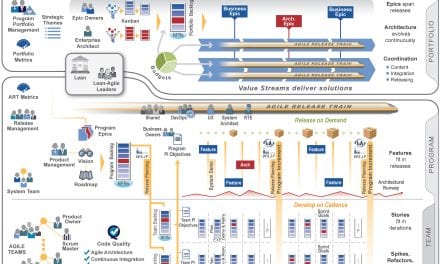


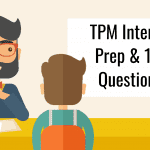

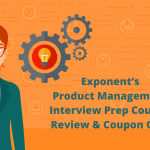



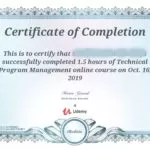
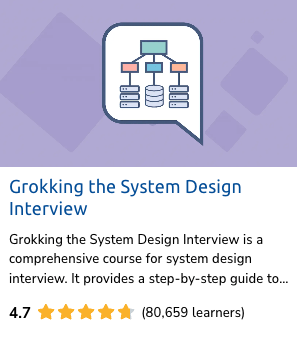

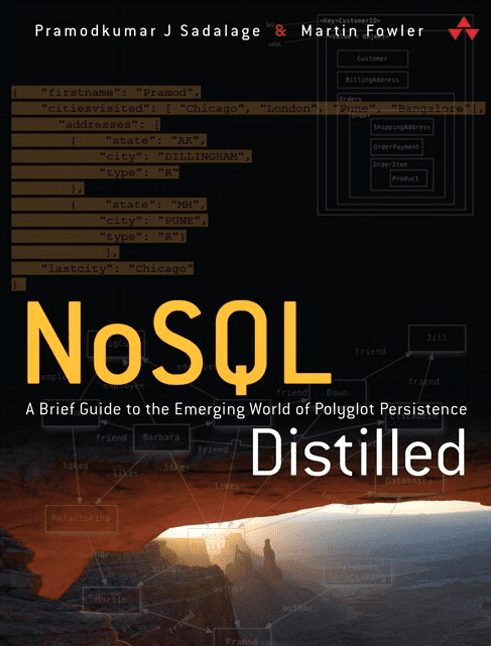
It’s really good , keen to know more
Can you elaborate a bit more on the ‘plan 5 conversations ahead of your manager’ point?
The essence of the statement is.. that you do not spring something suddenly to your manager. Say you are looking for a promotion. Do not just bring it up 1 month before the promotion cycle. Start the conversations early and remember these are conversations. Ask leading questions like how am I doing ? what can I do better ? Talk about it throughout the year so that your manager knows your intentions.
Can you elaborate a bit more on the ‘plan 5 conversations ahead of your manager’ point?
Collective thougts & Nicely accumulated in holistic approach
Thanks for sharing! I would also add, always challenge various alternatives to achieve your program’s goals and never get too attached to one way to do things. 🙂
Loved the article and can relate to many things here!
Loved it Mario! One of your very best.
Under-promise and over deliver is a very important point in all situations.
Very nicely summed up all the points.!
Crisp and clear